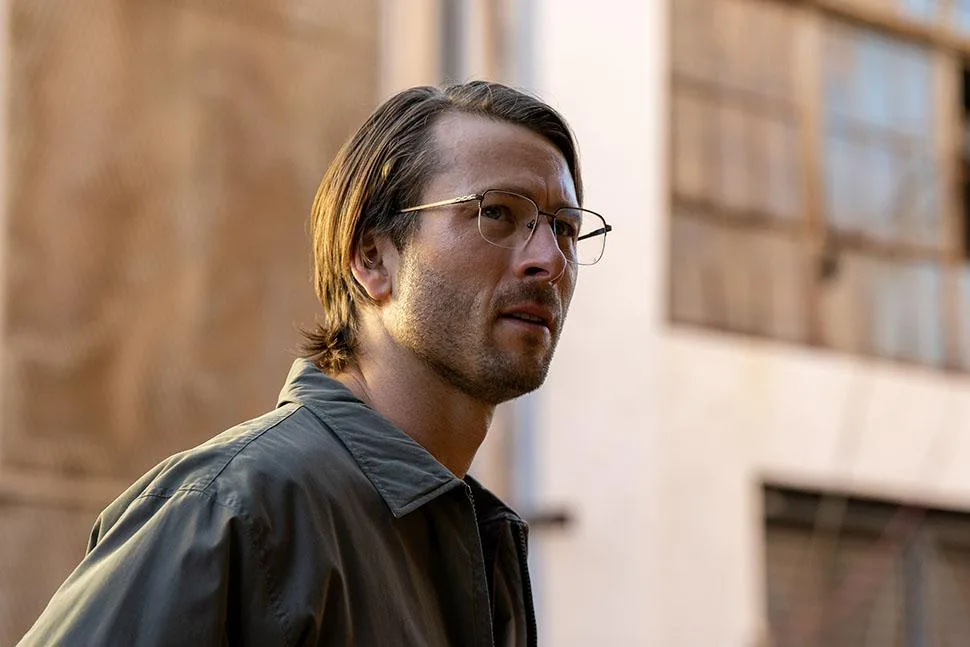
“Are streamers scaling back?” and “Is this a renaissance period for indie financed films?” were two of the questions at the heart of a Zurich Summit panel this morning, featuring CAA‘s Roeg Sutherland, WME‘s Katie Irwin and Oscar-winning producer John Lesher (Birdman).
While the eye-watering streamer acquisitions of a few years ago may be fewer and further between out of markets, streamers are still essential buyers, as witnessed by splashy deals for Hit Man and Woman Of The Hour at Toronto and May December in Cannes.
“I don’t think they are retreating, I think they are being agile”, said Irwin of sales and finance operation WME Independent. “I think there’s a constant changing tack and I think they’re pointing their money in different ways.”
“Look at the deal for Hit Man“, noted moderator Sutherland who serves as co-head of CAA Media Finance. The film was acquired at Toronto for US and a handful of international markets and is due to have a theatrical component. “We’re seeing a more malleable market in which streamers are acquiring in a different way. It doesn’t only need to be worldwide.”
The panel was asked whether that appetite for streamer acquisitions could dry up if more movies are made from scratch in-house at streamers.
“I think there will always be good movies that they’ll acquire,” said Lesher, known for producing movies such as Birdman, Fury and Ferrari. “They’re developing more, which is good, but do those movies end up good? It’s a good question, and it depends how you define what is good.”
“There’s no question we’re going through a tougher period,” acknowledged Sutherland about the landscape, “after Covid, and the strikes. So we have to be good and careful with each other in the industry, we shouldn’t over-price movies because distributors are hurting and we’re trying to rebuild the business”.
Black Bear’s John Friedberg highlighted the growing flexibility from streamers in terms of theatrical windowing: “Streamers are making inroads in terms of theatrical. From Killers Of The Flower Moon to Napoleon, to Courtney Valenti’s new division at Amazon which is supporting theatrical, it’s not only day and date, there are significant windows. They are increasingly participating in theatrical.”
The panel recognized that last fall saw a number of critically well-received movies fail to hit their mark theatrically, but there was optimism that audiences would be more robust in coming months.
“I think we’re still in the final stages of the pandemic,” commented Lesher. “Older audiences have been more sluggish to get back to cinemas. Besides Barbenheimer, which was great news for the business, there have been some successful horror movies and some genre successes. I’m optimistic about this fall.”
Irwin posited: “Part of the reason the recovery has been slow is that there is a huge volume. But I do think there is hunger for intelligent filmmaking.”
Sutherland asked what appetite there is for original storytelling amid so much franchise fare.
“I think there’s space for all,” said Irwin. “Sometimes you want a new voice, something that’s going to stretch your brain but sometimes after a long day you want to scratch that itch with a brawny action movie.”
Friedberg also sounded a note of optimism about the opportunities in the market: “I’m excited about the market right now. We’ve just launched a Henry Cavill movie with a waiver during the strike and that has sold extremely well. It was independently financed, so I’m enthused that we could make a $70M movie with indie sales and financing, and which sold to Lionsgate for U.S. Indie buyers are hungry for content. We’ve had Covid, then the strikes but there’s a resilience in the indie film business when you see the level of movies we’re making at that end of the scale, but also the lower budget genre movies that are also being made.”
“Drama can sell well but it’s more polarising,” acknowledged Rocket Science’s Thorsten Schumacher. “We had Lee and May December, and both sold well”.

